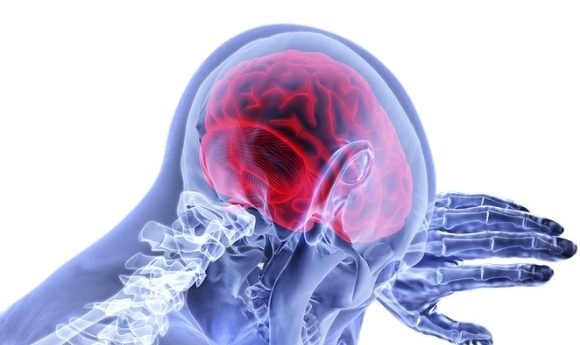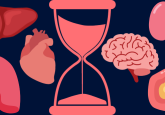A ketogenic diet could turn back the clock on age-related brain deterioration

New research suggests age-associated brain deterioration could begin earlier than once thought, but a low-carb diet could help reverse the damage.
A new neuroimaging-based study, led by researchers at Stony Brook University (NY, USA), has demonstrated that age-related brain deterioration occurs at a much younger age than previously understood. The work, recently published in PNAS, also proposes that this damage can potentially be reversed by adopting a low-carb diet.
A ketogenic diet involves minimal consumption of carbohydrates, instead supplementing with fats and proteins. Previous research has suggested that following this diet can help in the management of neurological disorders, such as Alzheimer’s and Parkinson’s disease.
The team utilized functional MRI scans from two open-source platforms, totaling 928 individuals, ranging from the ages of 18 and 88. It was discovered that the effects of age-related brain deterioration became apparent at age 47, with the most rapid degeneration being observed at age 60.
To determine whether dietary changes can influence brain function, additional scans were performed on a cohort of 42 healthy adults, all under the age of 50. One group was scanned before, during and after a regimen of standard diet, overnight fasting and subsequent adoption of a low-carb diet.
To account for individual dietary differences, an independent group was observed after overnight fasting and the receipt of a ketone-based bolus or a calorie-equivalent glucose supplement.
 Can we turn back time on age-associated diseases?
Can we turn back time on age-associated diseases?
New research demonstrates that it may be possible to turn back the clock on age-associated diseases linked to chronic inflammation.
Individuals exhibited stabilization of brain networks within 1 week of switching to a ketogenic diet. Similar results were observed when fasts were broken with a ketone drink, demonstrating that the differences in brain function could be attributed to the energy source metabolized.
“We think that, as people get older, their brains start to lose the ability to metabolize glucose efficiently, causing neurons to slowly starve, and brain networks to destabilize,” explained the study’s lead author Lilianne Mujica-Parodi (Stony Brook University).
Mujica-Parodi continued: “So we tested whether giving the brain a more efficient fuel source, in the form of ketones, either by following a low-carb diet or drinking ketone supplements, could provide the brain with greater energy. Even in younger individuals, this added energy further stabilized brain networks.”
While the results are promising, it must be highlighted that following a ketogenic diet could have detrimental effects on cardiac health due to the high levels of fats consumed. Conflicting evidence suggests that the Mediterranean diet – which is high in whole grains – is the most beneficial for both brain and heart health.
Mujica-Parodi and colleagues now hope to extend their studies to incorporate older individuals and are also working on a computational model that can provide further insight into both the developing and aging brain.


